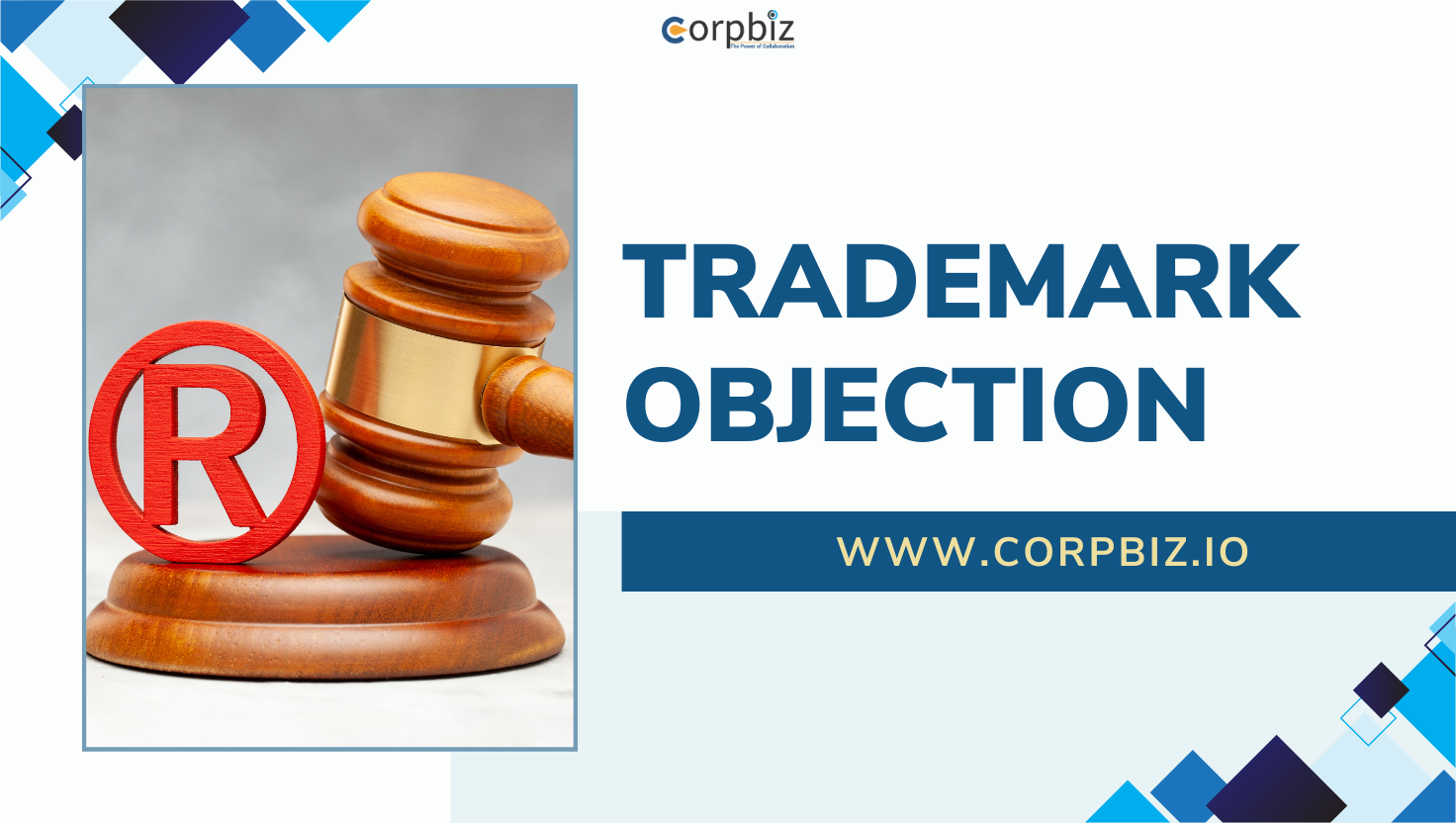In India, trademark registration is an essential step for businesses and individuals seeking to protect their brand identity. However, during the registration process, applicants may receive trademark objections from the Trademark Registrar. This happens if the applied trademark fails to comply with the legal requirements or is deemed similar to an existing trademark. Resolving these objections quickly and effectively ensures that your application progresses smoothly and safeguards your brand’s integrity.
In this blog, we guide you through the essential steps to address a trademark objection, explain the costs involved, and answer common questions to help you navigate this process effectively.
Here Are the Essential Steps to Address a Trademark Objection:
-
Understand the Trademark Objection Grounds
Before diving into the response process, it’s essential to understand why the objection was raised. Trademark objections are typically based on two primary grounds: absolute and relative.
- Absolute Grounds: The Trademark Registrar might object if your trademark is generic, descriptive, deceptive, or against public morality. Words or symbols that lack distinctiveness or mislead the public may be objected to on absolute grounds.
- Relative Grounds: An objection may also occur if the applied trademark is too similar to an existing trademark, creating the risk of public confusion.
A thorough Trademark Search online before applying can help avoid relative grounds objections. The Trademark Search Online option available on India’s IP India website helps check for identical or similar marks, giving us an idea of existing trademarks in similar classes.
-
Analyze the Objection Notice Thoroughly
Once an objection is issued, we receive an objection notice detailing the grounds and points raised. Carefully read and understand the points in the notice. If needed, consult a trademark attorney to understand the technical details and implications of the objection.
After understanding the objection, decide on the best course of action to proceed with the reply.
-
Prepare a Comprehensive Reply to the Objection
Your response to the trademark objection should be clear, well-structured, and comprehensive. Here’s how to do it effectively:
- Provide Clear Justifications: If your trademark is objected to for being descriptive or lacking distinctiveness, explain how it is unique or has acquired secondary meaning over time. For objections on relative grounds, clarify how your mark is distinct from the cited trademark in terms of appearance, pronunciation, or industry relevance.
- Submit Supporting Documents: Evidence such as product catalogs, advertising materials, or market research data that demonstrate the distinctiveness and market presence of your brand can be valuable. Including such documents strengthens our position and demonstrates the uniqueness of our trademark.
- Use Precise Language: Use clear and concise language in the reply. Avoid ambiguous terms and address each objection point specifically. This minimizes confusion and increases the chances of the response being accepted by the Trademark Registrar.
Remember that our Trademark Objection Reply Fees may apply at this stage, depending on the case. Consulting an experienced trademark lawyer can also help ensure that we create a strong response that meets legal standards and aligns with Indian trademark guidelines.
-
Submit the Objection Reply on Time
The timeline for submitting a reply to a trademark objection is generally 30 days from the date of issuance. Failure to respond within this period may result in the abandonment of our application.
Ensure the reply is submitted on time and keep a record of the filing for future reference. Our objective is to expedite the process by staying within the time limits and demonstrating our commitment to resolving the objection quickly.
-
Attend the Hearing if Required
If the Trademark Registrar finds the objection reply insufficient, they may call for a hearing to discuss the objection further. In this case:
- Prepare for the Hearing: Gather additional documentation and any relevant materials that support the uniqueness of our trademark. It is beneficial to seek professional guidance to ensure that our arguments are presented persuasively.
- Present the Case Effectively: During the hearing, clearly explain the distinctiveness of our trademark, highlighting how it does not infringe on existing trademarks or violate any legal provisions.
After the hearing, if the Registrar is satisfied with our explanation, the trademark will move forward to the next stage of registration.
-
Understand the Fees Involved
It’s essential to be aware of the costs associated with responding to a trademark objection:
- Trademark Objection Reply Fees: While there is no official fee for filing the objection reply itself, there may be legal or consultation fees if we seek professional help.
- Trademark Objection Fees: The Trademark Objection Fees typically include filing costs, professional fees, and additional charges if we require further documentation or representation.
-
Explore Trademark Assignment Options
In certain cases, transferring or assignment of trademark in India may be a solution if the trademark is facing serious objections that could hinder its registration. A File Trademark Assignment helps transfer the ownership of the trademark to another individual or entity, ensuring that the brand identity remains protected even if it changes hands.
When assigning a trademark, the new owner must fulfill all legal formalities to ensure that the assignment is valid and recognized under Indian law. This process involves submitting the appropriate application form and paying applicable fees to ensure a seamless transfer.
-
Seek Legal Assistance if Needed
While some objections can be resolved independently, seeking legal assistance can be beneficial for complex objections. Trademark attorneys are well-versed in Indian trademark law and can help streamline the objection process, ensuring our application complies with all necessary legal standards.
A lawyer can help with drafting the objection reply, submitting the required documentation, and providing representation during hearings. With their guidance, we can resolve trademark objections swiftly and avoid any procedural errors.
FAQs on Resolving Trademark Objections
- What are the common reasons for receiving a trademark objection?
Trademark objections are usually raised if the applied mark is generic, descriptive, or similar to an existing registered mark. The objection notice will specify the grounds, which may fall under absolute or relative grounds.
- What are the costs associated with responding to a trademark objection?
While filing a reply to a trademark objection does not involve official fees, there may be trademark objection reply fees, which include any legal consultation or professional fees. Consulting a trademark expert can also incur additional costs.
- Can I transfer my trademark to someone else if I receive an objection?
Yes, transferring ownership through an Assignment of Trademark in India is possible. By filing a file trademark assignment application, you can legally transfer the trademark rights to another person or entity, ensuring continued protection of the brand.
Source URL: https://to-portal.com/read-blog/29114_steps-to-resolve-trademark-objections-quickly-and-effectively.html




